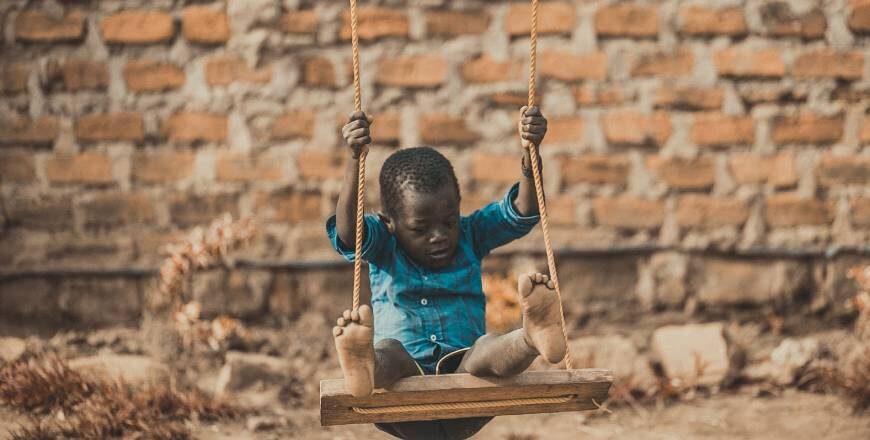Course Overview
An estimated 535 million children, nearly one in four children in the world, live in countries affected by humanitarian crises, often without access to medical care, clean water and sanitation facilities, proper nutrition, quality education or protection. Humanitarian crises can have a significant impact on children’s formative years, affecting their survival, growth and development. When civilians are forcibly displaced, the systems working to keep children safe, in their homes, schools and communities, may be undermined or damaged.
Lack of humanitarian access is one of the main challenges in protecting the rights of children in humanitarian situations. Armed conflict, civil unrest, high-threat environments and the targeting of humanitarian workers have made recent years the deadliest on record for the humanitarian community. Lack of humanitarian access can be security-related, including ongoing hostilities and military operations, as well as attacks against humanitarian personnel, assets or facilities.
The course examines how children’s social environments at different levels, such as family, community and societal levels, influence children’s adversity, development and resilience. Course participants will engage in critical thought about current international child protection practice and how to strengthen it. This course will be of benefit to child protection practitioners, personnel working in humanitarian settings, those who have a role in taking care of children as well as those anticipating to work in such conditions.





